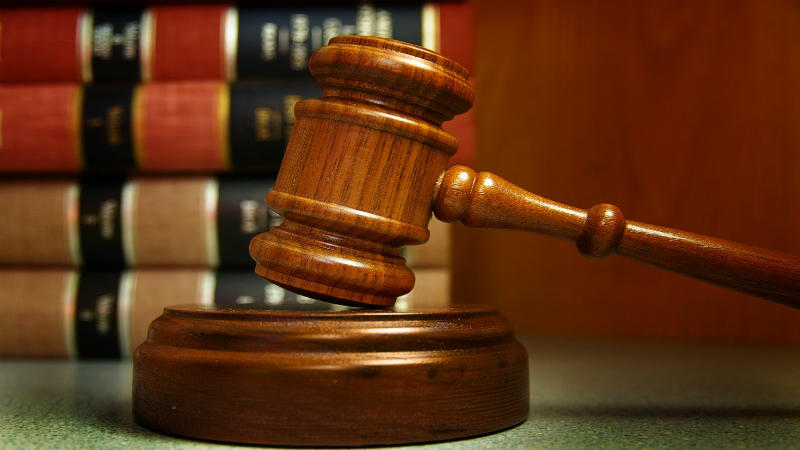If you’re dealing with debt, Bankruptcy can seem like the best way to regain financial stability. However, you may not need to file for bankruptcy protection right away; there might be times when waiting is a better option. The decision whether or not to file bankruptcy depends on your creditors and the nature of your debt. When making the decision to file, ask yourself these questions:
Am I Judgment Proof?
If there’s nothing for creditors to collect, you’re said to be “judgment proof”. Judgment creditors are those who’ve gotten court judgments against you, and you’re safe if any of the following apply:
* You have no real estate equity
* You have no non-exempt assets such as home or vehicle equity
* You’re working a low-paying job or you’re unemployed
* Your income is exempt (Social Security or unemployment benefits)
* If you don’t think your assets will improve, and if collector calls don’t bother you, there may be no need to file for bankruptcy.
Will my Debt be Discharged?
Contrary to popular belief, bankruptcy doesn’t wipe out all debts. If that’s the case for you, filing may not be the best course of action. The following types of debt are difficult or impossible to discharge through bankruptcy, and creditors can use tools such as bank account levies and wage garnishment to collect, even without a judgment.
* Past-due child support
* Past-due income tax
* Student loan debt
Defaulting on any of these kinds of debt can result in severe penalties, including wage garnishment, offsetting of state and federal tax refunds, lost eligibility for federal grants, reduction of disability or SS income, and loss of deferment.
Am I in Danger of Losing my Car or Home?
If you’re behind on your car or mortgage payments, you can use Chapter 13 Bankruptcy to get caught up. You might also be able to discharge a home equity line of credit or a second mortgage, and you may be able to reduce your car note to the vehicle’s current market value. With Chapter 7, you can’t make up loan arrearages, but if you can discharge other kinds of debt, filing may be worthwhile. .







